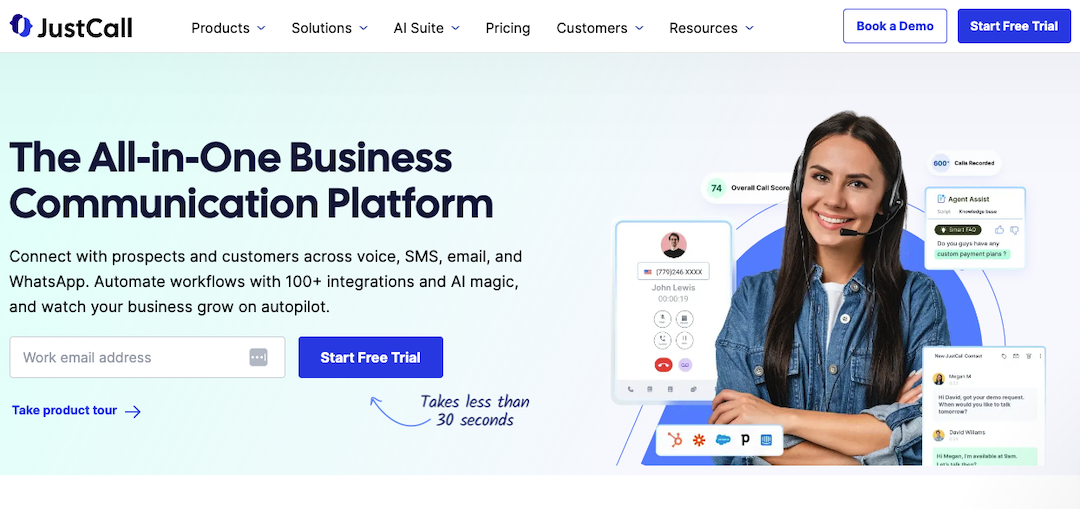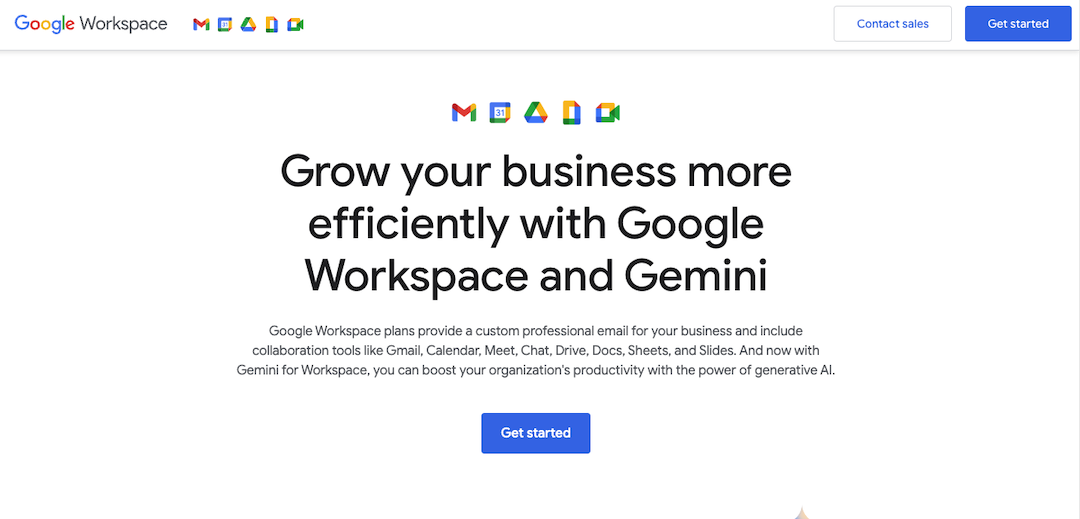
The business environment is not static, and with the recent change to discontinue the use of Meta’s Workplace, many companies are now in search of ways and means of integrating with the other tools they use. As a result of this shift, a number of fresh channels have appeared on the market, and each of them has its own strengths and abilities to integrate with other tools. This article aims to provide options for Meta Workplace and understand their benefits and how they can integrate into your organization’s current tools and solutions.
The Importance of Integration
In the present generation business environment, it is crucial to work fast and convey information effectively and appropriately. Firms use a number of programs and applications to help them manage their business, for instance, project management tools, cloud storage, and customer relationship management systems among others. However isolated tools can lead to fragmented processes, which are not only time-wasting but also disrupt efficient communication between teams.
Now comes the concept of integration, which refers to the manner in which different apps and tools are integrated to share data. When your communication platform is connected to other business software applications and tools, you can create a well-integrated digital space where work can be done more effectively and employees can be more productive.
Considering the Options Instead of Using Meta Workplace
Justcall: A Comprehensive Solution

Justcall is now a viable alternative to Meta Workplace since it provides a rich set of tools that can help improve collaboration within the team. Due to its user-friendly interface and integration possibilities, Justcall has become popular among companies in the market for a comprehensive solution.
Nevertheless, there is one more aspect that makes Justcall different from other tools, and it is the integrations available. Whether it be for managing projects on Trello or Asana, Customer Relationship Management on Salesforce or Hubspot, or file sharing on Dropbox or Google Drive and other cloud storage applications, Justcall will be able to connect with such applications.
In addition, the video and audio features of Justcall make it easy to hold meetings and share information with team members in real-time to avoid any confusion or misunderstandings when it comes to task assignments and due dates. This therefore makes Justcall secure and flexible for use by all businesses, large or small.
Slack: The Communication Powerhouse

Slack has been one of the most popular communication tools for teams and the integration features are one of the strengths of the platform. Slack provides an extended range of third-party applications and integrations, which means it is easy to integrate with other tools that companies already use.
Slack also integrates with many project management tools such as Asana and Trello as well as with many CRM tools such as Salesforce and HubSpot. This smooth integration ensures that teams can view updates, and documents, and work together without having to switch between the two applications.
Furthermore, the search feature and the ability to create specific channels help to locate information quickly, as well as to store important messages and files. Slack, featuring a simple and clear interface and a large number of apps available, is still one of the most popular tools for companies that are searching for an effective substitute for Meta Workplace.
Microsoft Teams: The Office Suite Integration Marvel

For businesses heavily invested in Microsoft's ecosystem, Teams offers a compelling alternative to Meta Workplace. As part of the Office 365 suite, Teams seamlessly integrates with various Microsoft applications, including Word, Excel, PowerPoint, and SharePoint.
This tight integration allows teams to collaborate on documents, spreadsheets, and presentations in real-time, fostering enhanced productivity and efficient collaboration. Additionally, Teams integrates with a wide range of third-party tools, such as Trello, Asana, and Salesforce, enabling businesses to incorporate their existing workflows into a unified platform.
With its video conferencing capabilities, secure file sharing, and customizable channels, Teams provides a comprehensive solution for businesses seeking a powerful collaboration platform that seamlessly integrates with their existing Microsoft tools.
Zoho Workplace: The All-in-One Productivity Suite

Zoho Workplace is a comprehensive productivity suite that offers a range of tools and applications designed to streamline business operations. From email and document management to project collaboration and video conferencing, Zoho Workplace provides a centralized platform for businesses to work efficiently.
One of the standout features of Zoho Workplace is its seamless integration with a wide range of third-party applications. Whether you're using popular CRM tools like Salesforce or project management platforms like Trello or Asana, Zoho Workplace can integrate with these tools, ensuring that your team has access to the data and information they need without leaving the platform.
Additionally, Zoho Workplace's built-in collaboration features, such as shared calendars, task management, and real-time document editing, foster seamless teamwork and communication, making it an attractive alternative to Meta Workplace for businesses seeking a comprehensive productivity solution.
Google Workspace: The Cloud-Based Collaboration Powerhouse

Google Workspace (formerly G Suite) has long been a go-to choice for businesses seeking a cloud-based productivity suite. With its suite of applications, including Gmail, Google Drive, Google Docs, and Google Sheets, Google Workspace offers a robust platform for collaboration and communication.
One of the key advantages of Google Workspace is its seamless integration with a vast array of third-party tools and applications. From project management tools like Asana and Trello to CRM systems like Salesforce and HubSpot, businesses can easily connect their existing tools with Google Workspace, ensuring a streamlined workflow and efficient data exchange.
Additionally, Google Workspace's real-time collaboration features, such as co-editing documents and shared calendars, facilitate seamless teamwork and communication. With its user-friendly interface and robust security measures, Google Workspace remains a popular choice for businesses seeking an alternative to Meta Workplace while leveraging the power of cloud-based productivity tools.
Conclusion
As businesses navigate the post-Meta Workplace landscape, the availability of powerful alternatives presents exciting opportunities for enhanced collaboration, productivity, and integration. By carefully evaluating your unique requirements and leveraging the strengths of platforms like Justcall, Slack, Microsoft Teams, Zoho Workplace, and Google Workspace, you can create a seamless digital ecosystem that empowers your workforce and drives business success.
The key to successful integration lies in choosing a platform that aligns with your existing tools, fosters efficient collaboration, and provides a user-friendly experience. By embracing these alternatives, you can future-proof your business and stay ahead of the curve in an ever-evolving digital landscape.
Share this post
Leave a comment
All comments are moderated. Spammy and bot submitted comments are deleted. Please submit the comments that are helpful to others, and we'll approve your comments. A comment that includes outbound link will only be approved if the content is relevant to the topic, and has some value to our readers.

Comments (0)
No comment